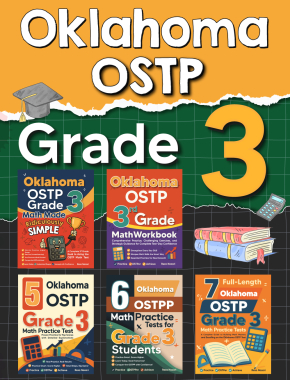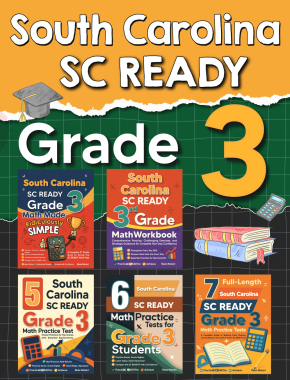How to Find the Expected Value of a Random Variable?

A step-by-step guide to the expected value of a random variable
- \(EV\): the expected value
- \(P(X)\): the probability of the occurrence of the event
- \(n\): the number of repetitions of the event
- \(EV\): the expected value
- \(P(X_i)\): the probability of the event
- \(X_i\): the event
The Expected Value of a Random Variable – Example 1:
To find the expected value, use this formula: \(\color{blue}{EV=\sum P(X_i) \times X_i}\)
\(EV=0 (\frac{1}{6})+ 1 (\frac{1}{6}) + 2 (\frac{1}{6})+ 3 (\frac{1}{6})\)
\(=0+\frac{1}{6}+\frac{2}{6}+\frac{3}{6}\) \(=\frac{0+1+2+3}{6}=\frac{6}{6}=1\)
\(EV=1\)
The Expected Value of a Random Variable – Example 2:
When you roll a die, you get paid \($2\) for an odd number and \($ 1\) for an even number. Find the expected value of money you get for one roll of the die.
The sample space of the experiment is:\((1,2,3,4,5,6)\)
First, we draw the table of the probability distribution for a single roll of a die and the amount paid for each result.
Then, to find the expected value, use this formula: \(\color{blue}{EV=\sum P(X_i) \times X_i}\)
\(EV= 2 (\frac{1}{6})+ 1 (\frac{1}{6})+ 2 (\frac{1}{6}) + 1 (\frac{1}{6})+ 2 (\frac{1}{6})+ 1 (\frac{1}{6})\)
\(=\frac{2}{6}+\frac{1}{6}+\frac{2}{6}+\frac{1}{6}+\frac{2}{6}+\frac{1}{6}\) \(=\frac{2+1+2+1+2+1}{6}\)=\(\frac{9}{6}\)
\(EV=\frac{9}{6}=1.5\)
Exercises for the Expected Value of a Random Variable
- A men’s soccer team plays zero football, one or two days a week. The probability that they will play on day zero is \(0.2\), the probability that they will play one day is \(0.5\) and the probability that they will play two days is \(0.4\). Find the expected value of the number of days per week the men’s soccer team plays football.
- A hospital researcher is interested in the number of times a typical patient calls the nurse after surgery during a \(12\)-hour shift. The following information was obtained from a random sample of \(40\) people. What is the expected value?
- In a city, \(12\%\) of families have three children, \(50\%\) of families have two children, \(22\%\) of families have one child, and \(11\%\) of families have no children. What is the expected value of children in a family?
- \(\color{blue}{1.3}\)
- \(\color{blue}{\frac{29}{10}}\)
- \(\color{blue}{1.58}\)
Related to This Article
More math articles
- Ratio, Proportion and Percentages Puzzle – Challenge 25
- The Ultimate 7th Grade NYSTP Math Course (+FREE Worksheets)
- Preparing for the SAT or ACT? Here’s How to Stay Mentally Sharp Without Burning Out
- Perimeters and Areas of Squares
- How to Use Graphs to Write Proportional Relationship
- Counting the Change: How to Master the Subtraction of Money Amounts
- How to Find the Volume and Surface Area of a Triangular Prism?
- 10 Most Common SHSAT Math Questions
- What to Consider when Retaking the ACT or SAT?
- Mastering Translations on the Coordinate Plane: A Step-by-Step






















What people say about "How to Find the Expected Value of a Random Variable? - Effortless Math: We Help Students Learn to LOVE Mathematics"?
No one replied yet.